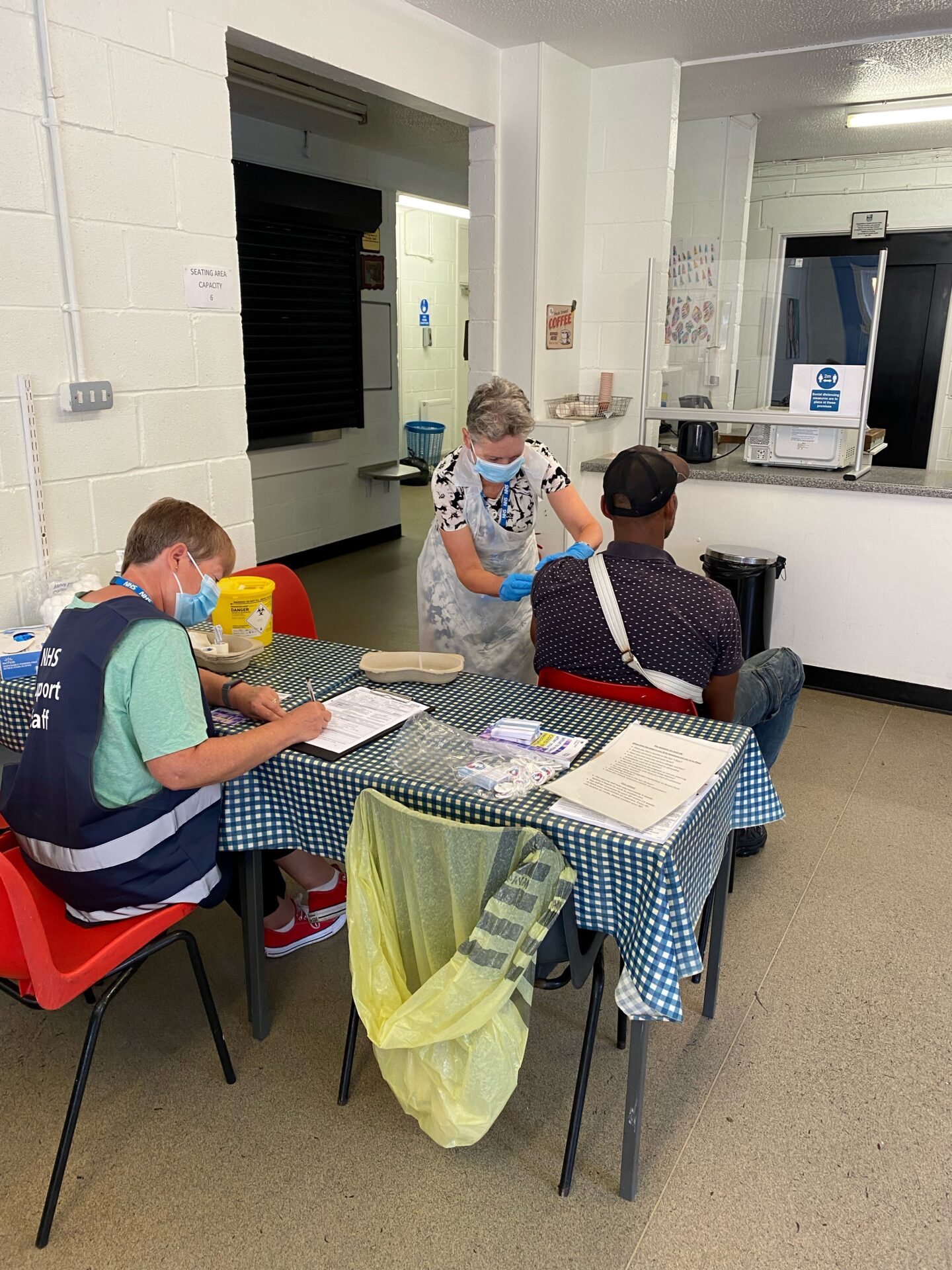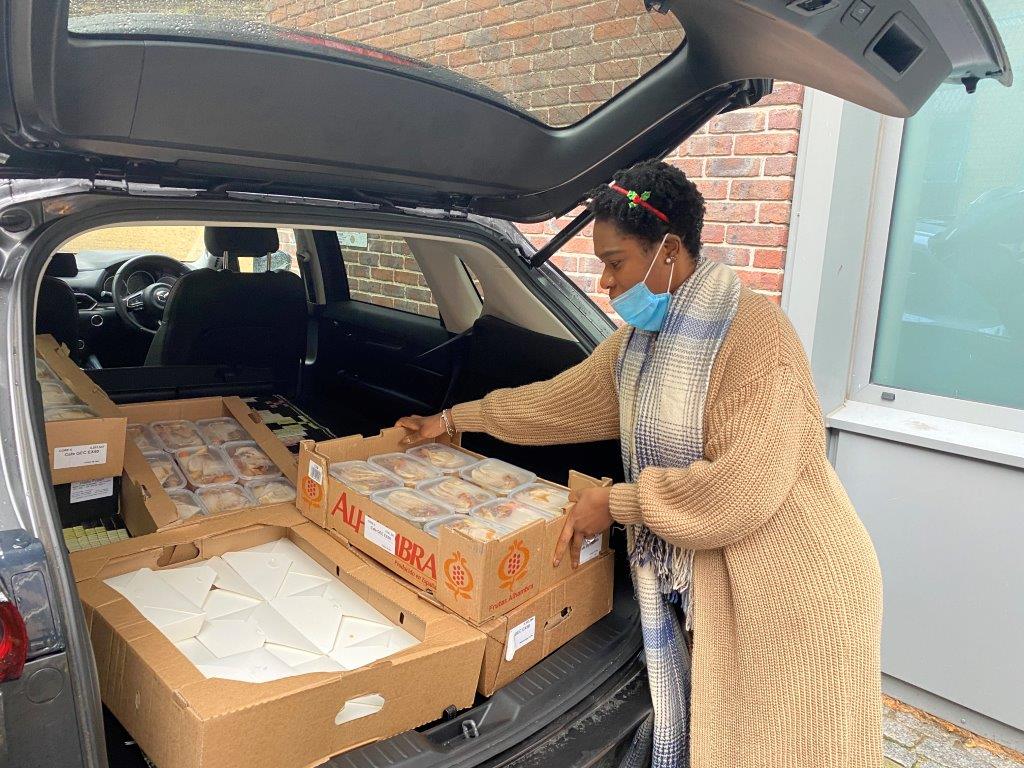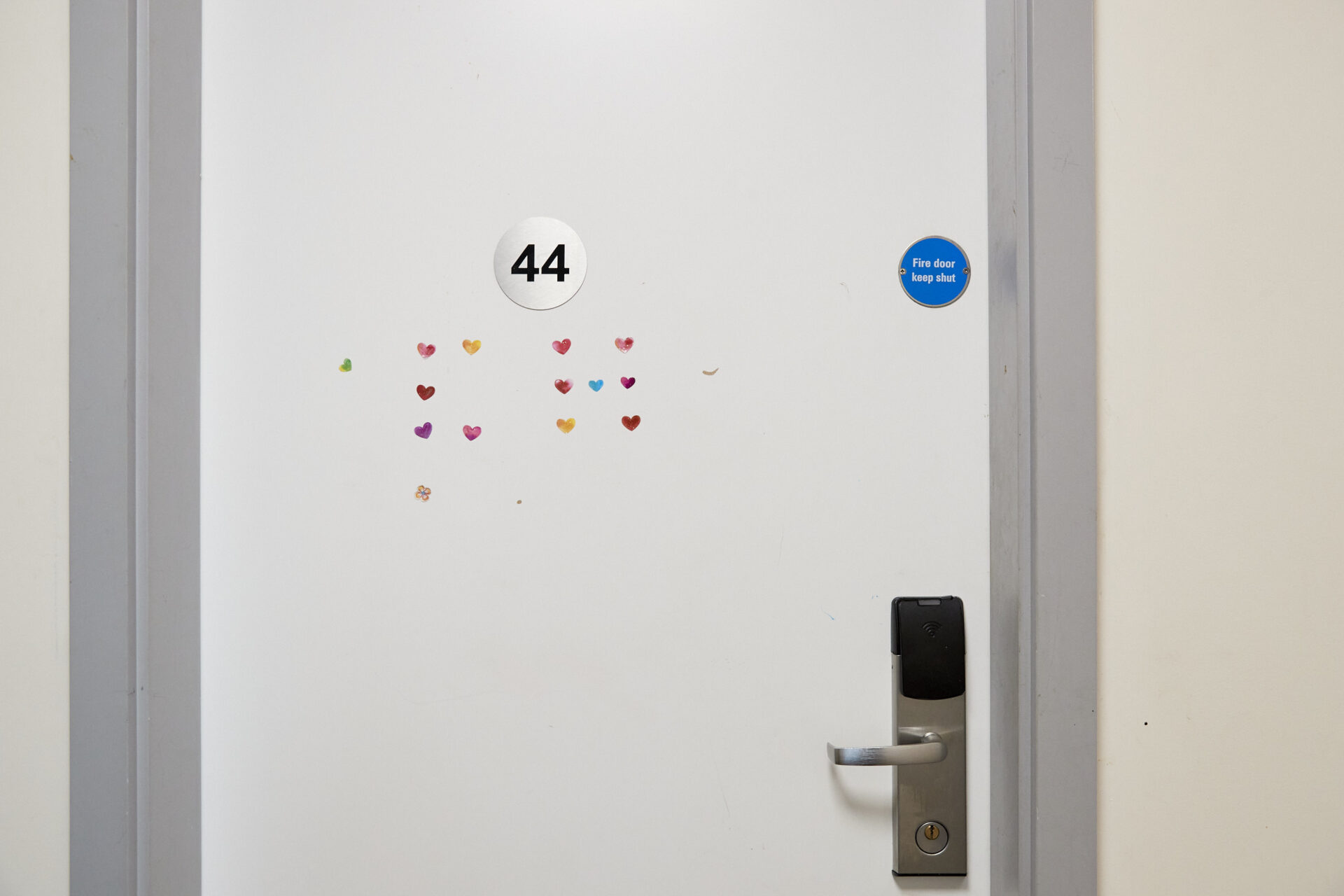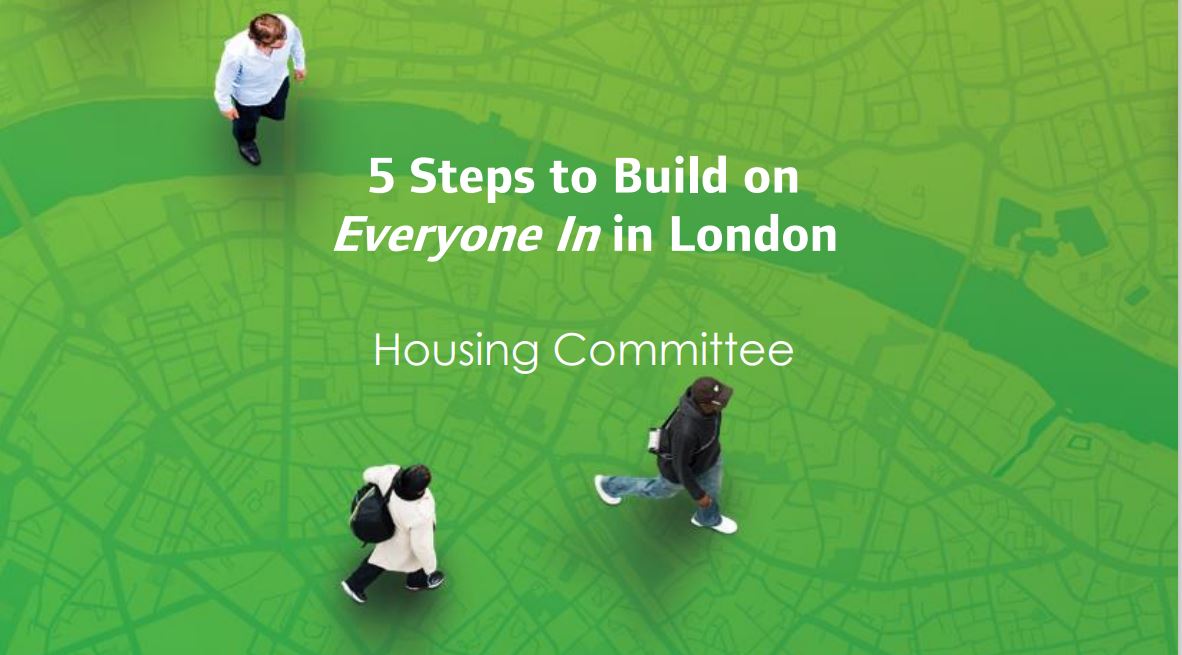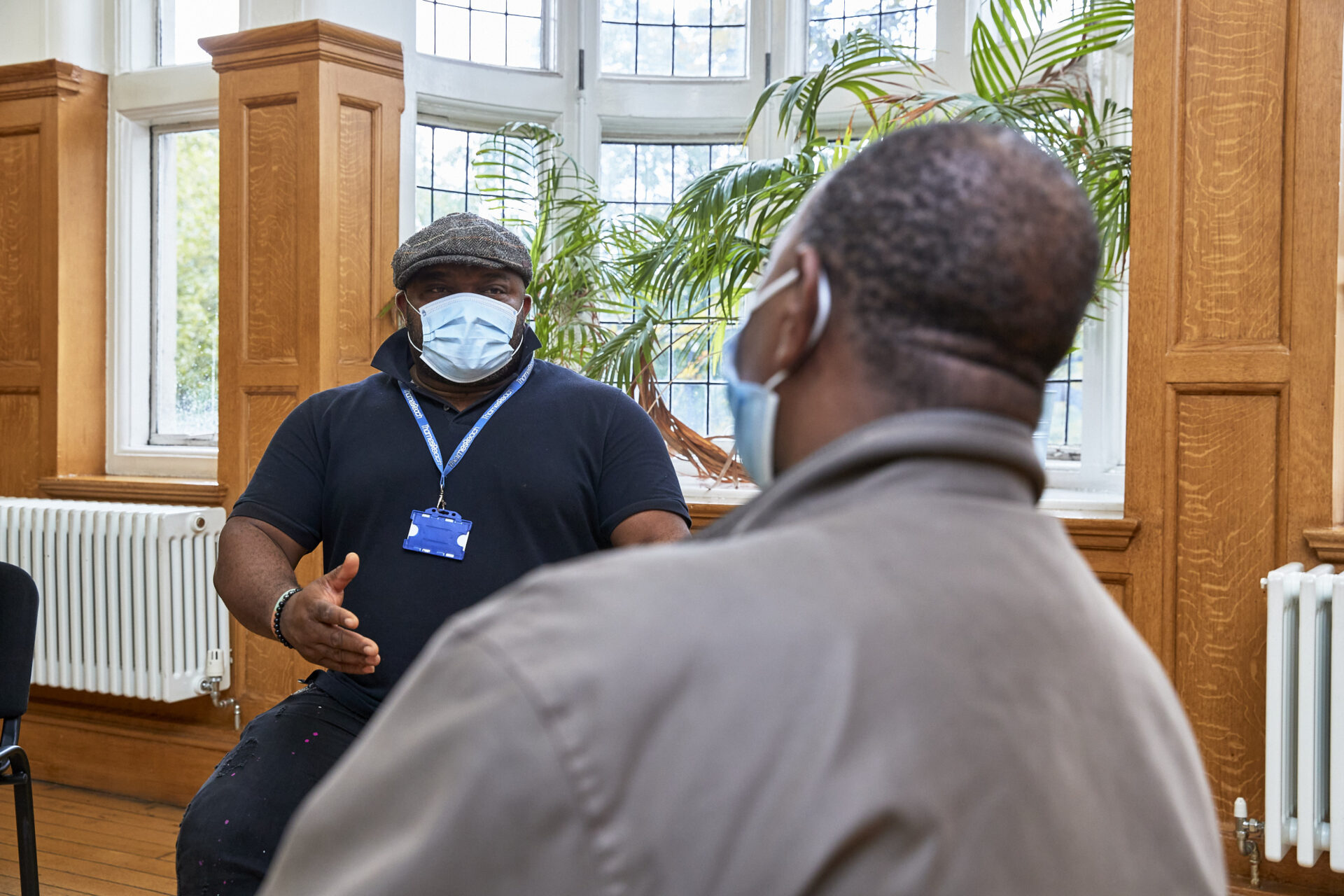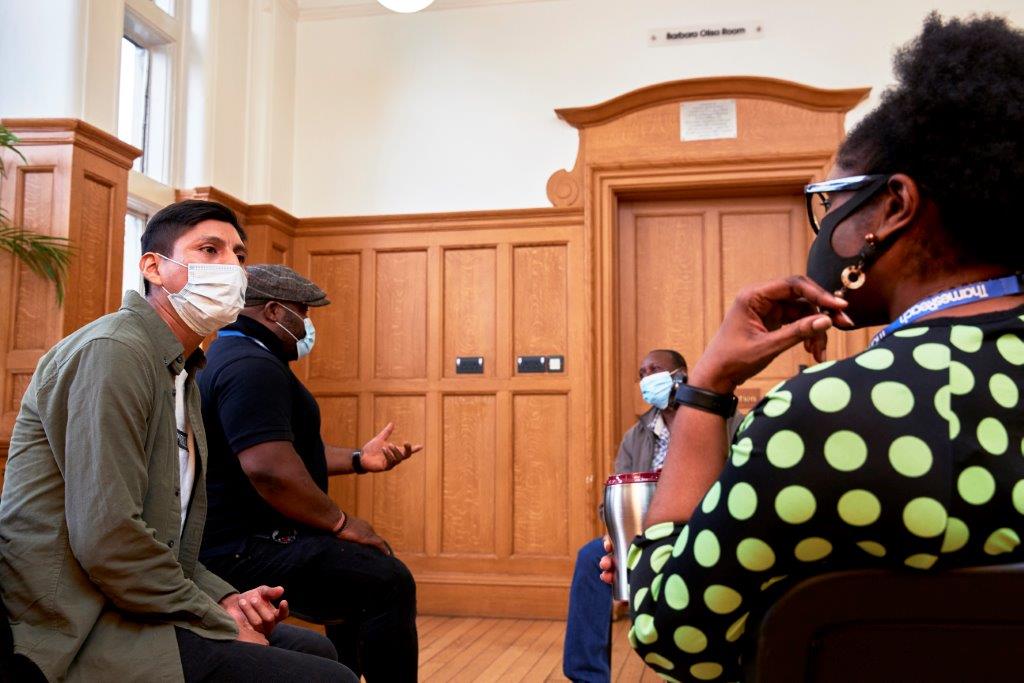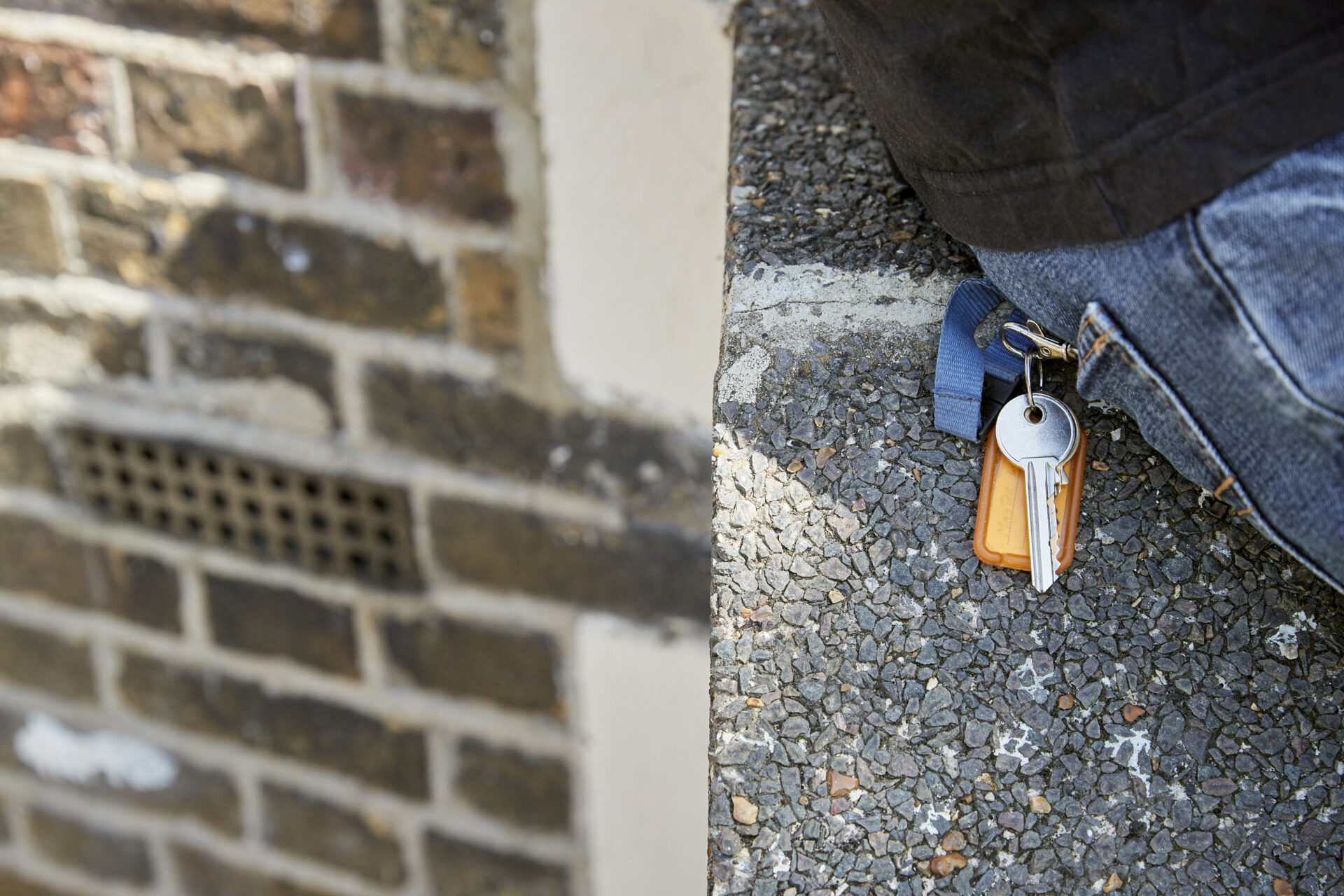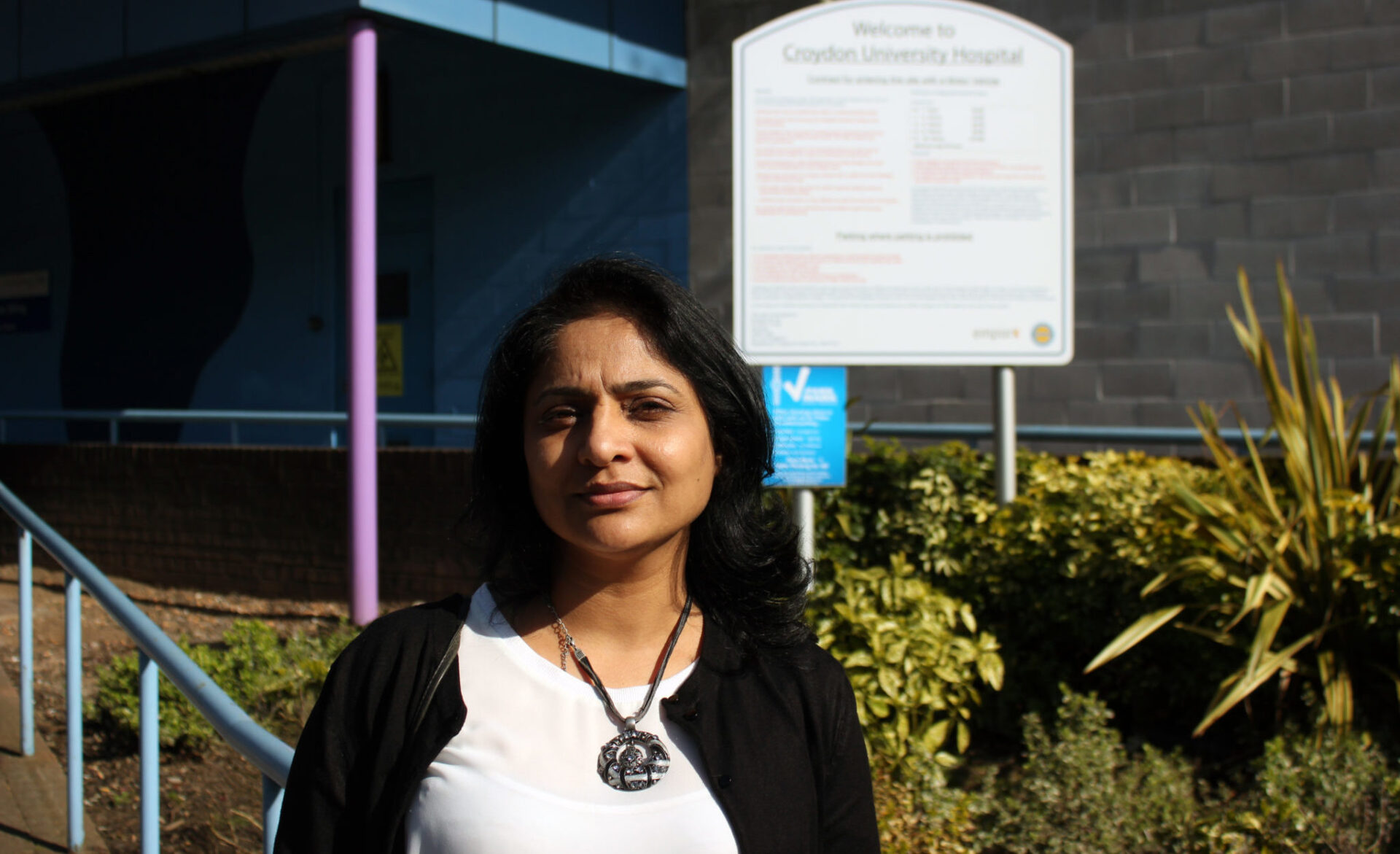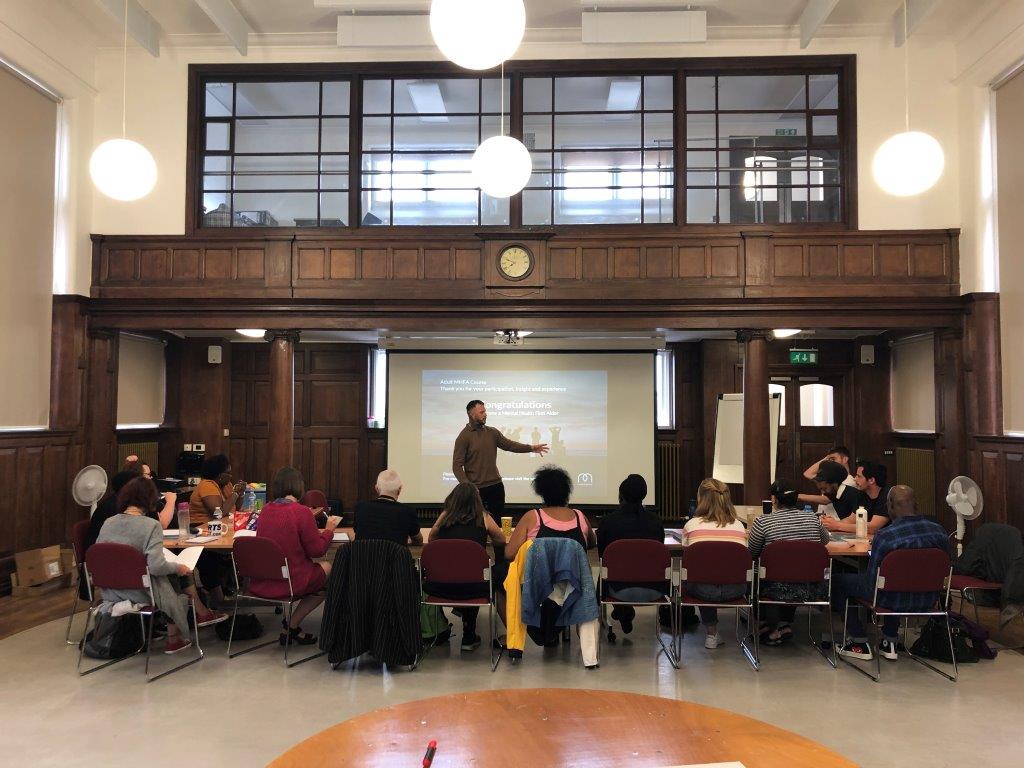Thames Reach have signed a letter to the Department of Housing, Communities and Local Government requesting the expansion of the Protect programme based on the principles of Everyone In, as well as ensuring that frontline workers and vulnerable people in emergency accommodation are prioritised for the vaccine(s). Other organisations working in homelessness have also signed the letter: Crisis, Homeless Link, St Mungo’s, Housing Justice, Groundswell, The Passage, Pathway and Faculty for Homeless and Inclusion Health.
New variant SARS-CoV-2: why we must act to protect the lives of people facing homelessness.
As organisations working with people facing homelessness, and delivery partners of the government’s Everyone In scheme, we are calling on the Westminster Government to work with us to urgently sanction the next phase of Everyone In to protect people most exposed to coronavirus.
People facing homelessness are extremely vulnerable to severe health outcomes and mortality from Covid-19. With the discovery of the new SARS-CoV-2 variant, which is believed to be more than 50% more transmissible, there is projected to be a large and rapid increase in incidence with levels of hospitalisations and deaths in 2021 expected to be higher than in 2020.
Current Tier 4 measures put in place to protect people from the new variant are due to be expanded in the new year. These measures, while necessary, are extremely challenging and in some instances impossible to follow whilst homeless including in congregate settings that have shared facilities. For a time-limited period until high levels of vaccine uptake has been achieved, we would like to work with the government to realise:
1. Expansion of the Protect Programme based on the life-saving principles of Everyone In, and including a commitment that no one returns to the streets
2. Ensuring that people who are homeless in emergency accommodation, and frontline staff, are prioriitised for the COID-19 vaccine(s).
Expanding the Protect Programme based on Everyone In principles
Through the extraordinary efforts of national and local government, nearly 30,000 people have been supported to move into emergency and other forms of accommodation since the start of the pandemic. In London, where the most robust data is available, London Councils reported that on May 4th there were 3,630 people in emergency accommodation.
This bold and world-leading action saved lives and relieved pressure on the NHS at a critical time. A recent study published by the Lancet showed that because of this response 266 deaths were avoided during the first wave of the pandemic among England’s homeless population, as well as 21,092 infections, 1,164 hospital admissions and 338 admissions to Intensive Care Units.[1]
However, as the pressures of the coronavirus pandemic on people’s jobs and lives remain, many continue to be pushed into homelessness as the pressure becomes too much. From July to September 2020 in London, data shows 1,901 people were seen sleeping rough for the first time, which is 55% of the total number of people seen sleeping rough in this period (3,444 people).[2]
While government funding and initiatives have continued to support people sleeping rough, or at risk, into safe accommodation, the funding has had conditions attached. This has meant some people are falling through the gaps in support and therefore remain sleeping on our streets at a time where the new strain of coronavirus makes homelessness a heightened risk to life.
This includes through the new Protect Programme. While incredibly welcome, the programme reaches 10 local authority areas and focuses on supporting people who are defined as clinically vulnerable. However, barriers to accessing healthcare mean that people experiencing homelessness may not be recorded as being clinically vulnerable, even though they would meet this definition if they were diagnosed. Anyone living on the streets and many people who experience other forms of homelessness are by definition vulnerable.
With people newly becoming homeless, and the new strain of coronavirus increasing the rates of the disease, we are ready and willing to work with the government to expand the support available for people sleeping rough or in unsafe accommodation. With the success of Everyone In, local councils and charity partners have the experience of arranging self-contained accommodation, cohorting, and socially distanced support, and can act quickly.
As a result, we would like to work with the Westminster Government to expand the Protect Programme based on Everyone In principles. This will mean all local authorities once again fully funded to support everyone who needs it, regardless of immigration status, local connection, and priority need, into safe and fully self-contained accommodation. Given the increased transmissibility of the new Covid variant, it will be critical that accommodation is provided with individual washing and other facilities to avoid any need for shared spaces.
Once supported into self-contained accommodation, local authorities and support services can also work with individuals as they have continued to do so throughout the pandemic to provide a plan for move-on accommodation. We welcome the move-on options that have been developed as part of the original Everyone In programme and ask for a renewed emphasis on helping people into stable, long-term accommodation to help ensure that no-one is forced to return to the streets when coronavirus restrictions ease.
Ensuring people facing homelessness and frontline staff receive are vaccinated
These measures are urgently needed to not only protect people from the new strain of coronavirus, but to also support access for people facing homelessness to a coronavirus vaccine.
Priority for the vaccine to date has been predominantly based on age. However, parallels can be drawn between the vulnerability shared by the chronologically old and the biologically old, and while age is a key proxy for vulnerability to Covid-19, chronic homelessness could also be considered a valid and justifiable equivalent proxy.
For example, a recent study found that among a sample of homeless hostel residents in London, the levels of frailty were comparable to 89-year-olds in the general population. Participants had an average of seven long-term health conditions, far higher than people in their 90s.
Further, around a third of people who are experiencing the worst forms of homelessness would be deemed ‘clinically vulnerable’ and 1 in 10 would be deemed ‘extremely vulnerable’ to the virus. But unless people who are homeless and vulnerable to the virus are plugged into health services and reached with the vaccine, many people will remain at serious risk of the virus.
The increased threat for people facing homelessness is also recognised by the Joint Committee on Vaccination and Immunisation (JCVI). It acknowledges the health inequalities faced by people who are homeless and advises that a targeted approach will be needed including through the use of local Screening and Immunisation Teams. As such, we are asking the JCVI to prioritise people who are homeless in emergency accommodation, and frontline staff for vaccination due to increased risk of outbreaks.
This will need to go hand in hand with a comprehensive delivery plan to ensure people facing homelessness can access the vaccine. This should include access to people in provision provided by faith and community groups, or non-commissioned accommodation services such as those supported by the Homelessness Winter Transformation Fund.
Through an expanded Protect Programme which supports people into self-contained accommodation, people facing homelessness most at risk to the dangers of the new strain of coronavirus would be more easily identifiable, which would facilitate provision of the vaccine.
To ensure the success of such an approach, local health and social care teams can be involved in the support offered through the Protect Programme, by ensuring that enhanced infection, prevention and control measures are strictly implemented and adhered to across every facility accommodating people who are homeless.
Again, as delivery partners to local and national government, homelessness charities stand ready to assist the roll-out of vaccination to people facing homelessness and to front-line staff working in homelessness.
[1] Lewer, D. et al (2020) ‘COVID-19 among people experiencing homelessness in England: a modelling study’. https://www.thelancet.com/journals/lanres/article/PIIS2213-2600(20)30396-9/fulltext
[2] Combined Homelessness and Information Network (CHAIN) reports: https://data.london.gov.uk/dataset/chain-reports
[3] Raphael Rogans-Watson et al. Premature frailty, geriatric conditions and multimorbidity among people experiencing homelessness: a cross-sectional observational study in a London hostel. July 2020.
